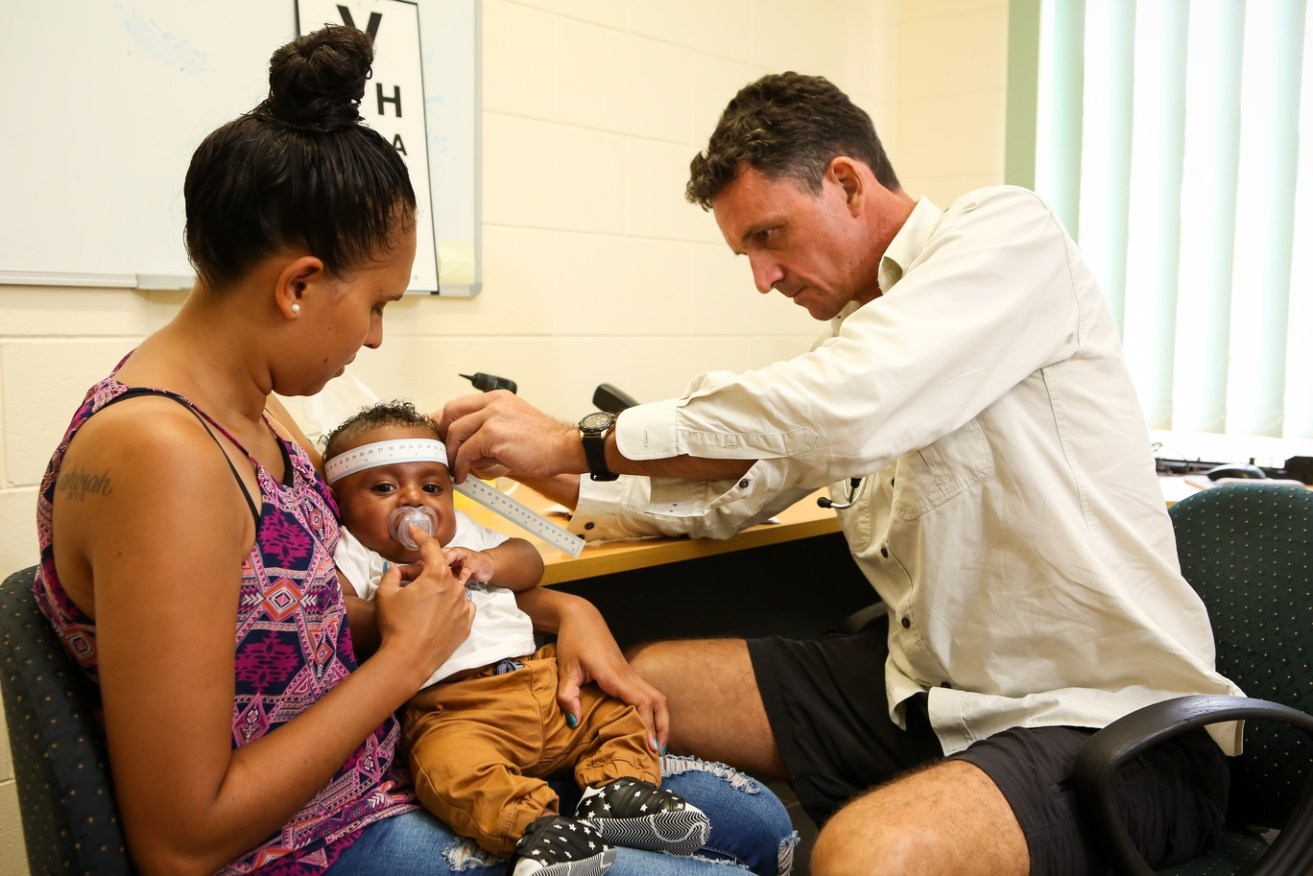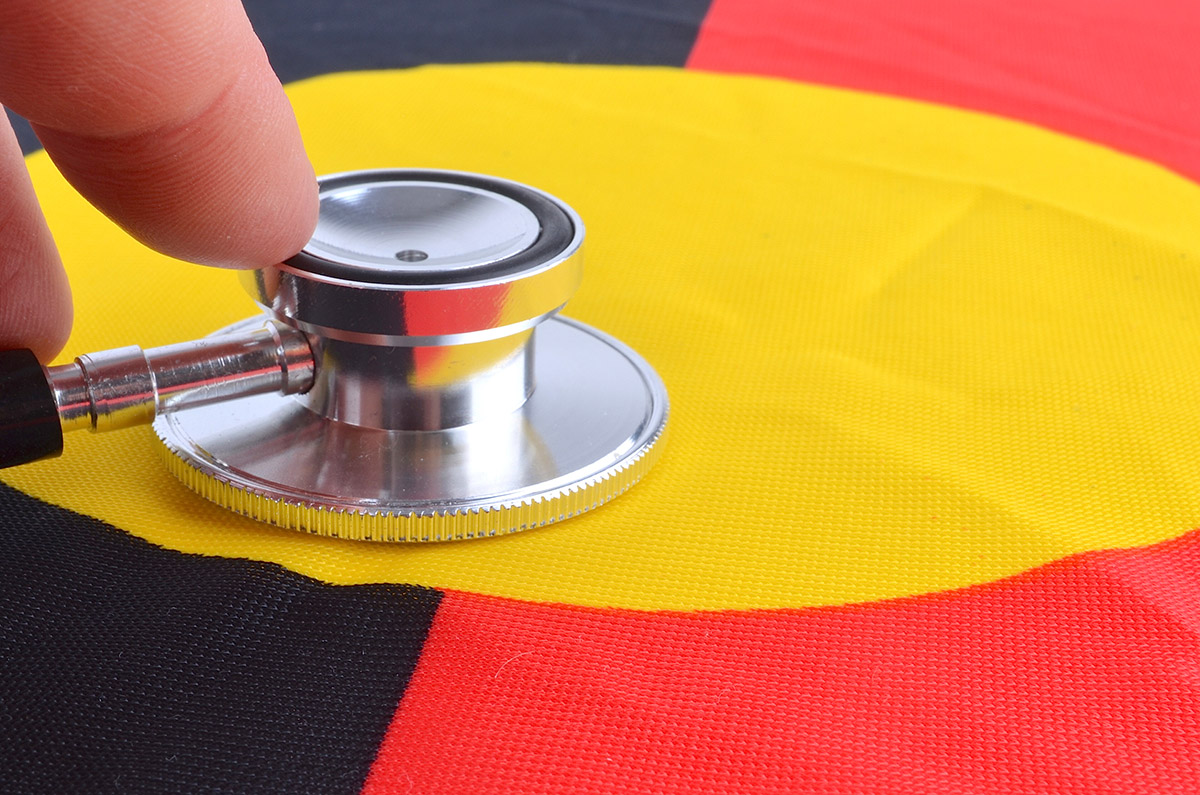‘Business as usual’ health care unsafe for Indigenous Australians
Barriers continue to block equal healthcare standards for Indigenous Australians, a new report has found.

Caption (pic attached): Emergency care provided by a Royal Flying Doctor Service expert in remote Australia. Photo courtesy RFDS
Research by the Royal Flying Doctor Service (RFDS) and Flinders University shows that limited uptake of culturally safe healthcare practices is contributing to negative health outcomes for Indigenous Australians and undermining national Close the Gap initiatives.
The research cites evidence that Indigenous people presenting to emergency departments with acute coronary syndrome, or sudden, reduced blood flow to the heart, are half as likely as non-Indigenous patients to undergo a coronary angiography.
The same research suggests that Indigenous Australians admitted to hospital are in fact less likely than non-Indigenous people to have any kind of medical procedure, whatever their medical condition.
Professor Dennis McDermott from the Poche Centre for Indigenous Health and Wellbeing at Flinders University, who has co-authored a recent publication on the research alongside RFDS CEO Martin Laverty and Professor Tom Calma, Patron of the Poche Indigenous Health Network, says that while awareness of cultural safety is growing, it is still not sufficiently embedded within current medical practices to substantially alter the landscape of Indigenous health service delivery.
“There are many barriers to cultural safety in the Australian healthcare sector,” says Professor McDermott.
“An inadvertent reliance on stereotypes, language difficulties and the inherent power imbalance between provider and patient are all factors in culturally unsafe medical practices.
“These factors are often exacerbated by, or occur alongside, a lack of understanding about Indigenous concepts of wellness, which differ significantly from the dominant Western viewpoint.”
Professor McDermott’s conclusions are supported by the findings of Dr Rosalie Schultz from the Centre for Remote Health*, who has noted that the connection between Indigenous Australians and their country has long been overlooked in healthcare settings.
Dr Schultz has further found that addressing the health gap with increased government investment alone will not lead to sustained improvements to Indigenous health.

“You can only achieve culturally safe healthcare when patients are involved in the decision-making around their own medical treatment and become part of a team effort to maximise the effectiveness of their care plan,” says Professor McDermott.
“For healthcare to be truly responsive from a cultural point of view, healthcare professionals need to treat people regard-ful – rather than regard-less – of difference, consider the impact of power relationships, and allow the patient to determine what safety means for them.”
Professor McDermott also cites evidence that proactive initiatives such as cultural safety workshops, health worker toolkits and Indigenous mentorship programs can increase levels of cultural respect within healthcare organisations and improve the diagnosis and treatment of chronic disease.
However, the impact of these initiatives needs to measured over time to determine their long-term effectiveness.
“To decolonise our health system and make it more culturally sensitive, there needs to be change at two levels,” says Professor McDermott.
“Individual practitioners need to live and breathe a culturally safe ethos, and organisations need to integrate cultural safety into their quality assurance processes and systems.
“To effectively dismantle resistance to cultural safety, changes need to be made to course accreditation and the prevailing clinical standards that govern the quality of healthcare in Australia.
“This is the only way to embed cultural safety principles into our hospitals and primary health care services and develop healthcare settings that are free of racism.”
Professor McDermott and colleagues’s research has been published in the Medical Journal of Australia at the link here.
The Centre for Remote Health is a joint centre of Flinders Univeristy and Charles Darwin University





